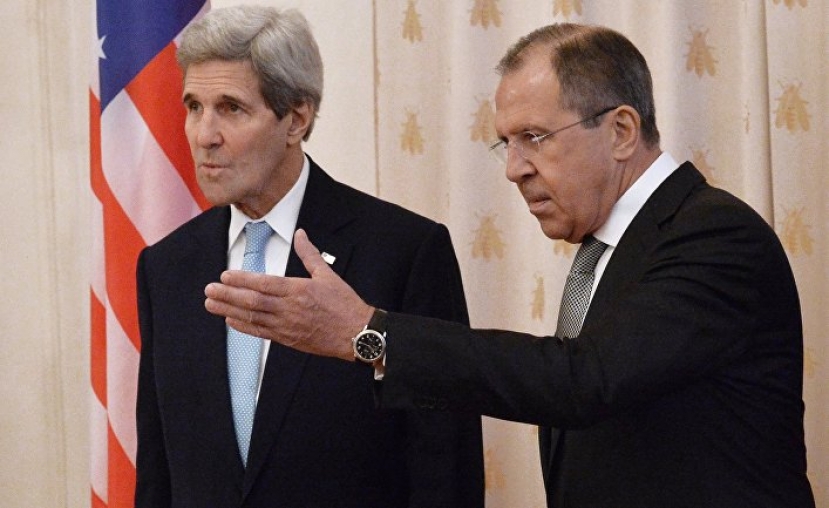The U.S. and Russia Have Unfinished Business
15.07.2016 10:49
 The U.S. and Russia Have Unfinished Business
The U.S. and Russia Have Unfinished Business
After months of lobbying by Russia for serious talks on several issues, the Americans sent Secretary of State John Kerry to Moscow. Kerry arrived on Thursday for talks with his counterpart, Sergei Lavrov, and President Vladimir Putin amid a flurry of U.S. media reports regarding greater U.S.-Russian cooperation.
Though Putin's Thursday day planner was packed with preparations for Russian parliamentary elections this September, Kerry was whisked to the Kremlin to meet with the Russian leader. Putin had expressed reluctance to meet with Kerry, and the U.S. delegation seemed more prepared for the Lavrov-Kerry talks than the Russians did, unloading large binders onto the negotiation table compared with the Russians' handful of papers. These signals suggested the United States was there to negotiate, while the Russians were waiting to see what the Americans brought to the table.
According to The Washington Post, what they brought was a proposal for a joint intelligence group with Russia that would share information on al Qaeda-linked Jabhat al-Nusra and synchronize military strikes against the Islamic State. In return, Russia would cease airstrikes against moderate rebel forces backed by the United States.
But Russia has aims beyond the Middle East. Moscow has been seeking to use the Syrian civil war to make Washington dependent on it in disputes closer to Russia. By leveraging its position in the Middle East, Moscow hopes to exact concessionson the conflict in eastern Ukraine, Western sanctions against Russia and the NATO military buildup along the Russian periphery. Indicating that all parties recognize Moscow's gambit, both sides brought their respective representatives on Ukraine — U.S. Assistant Secretary of State Victoria Nuland and Russian presidential adviser Vladislav Surkov — to a meeting formally focused on Syria.
Doubtless spurring the U.S. side into seeking a breakthrough, U.S. President Barack Obama has only six months left in office. Obama has hinted he wants to conclude a deal on Syria and Ukraine before the next administration takes over. Tactical agreements are indeed possible, such as a plan to fight the Islamic State in Syria and moderate concessions on the Ukraine crisis, sanctions and the military buildup in Eastern Europe. In a preview of the kind of deal that could emerge from the Kerry-Lavrov talks, Russia offered on Thursday to turn on transponders on its warplanes in the Baltic region if NATO did the same. This is a small tactical shift, and today's meetings will probably not produce anything much bigger. Whatever progress comes out of the meeting, much unfinished U.S.-Russian business will carry over into the next administration.
